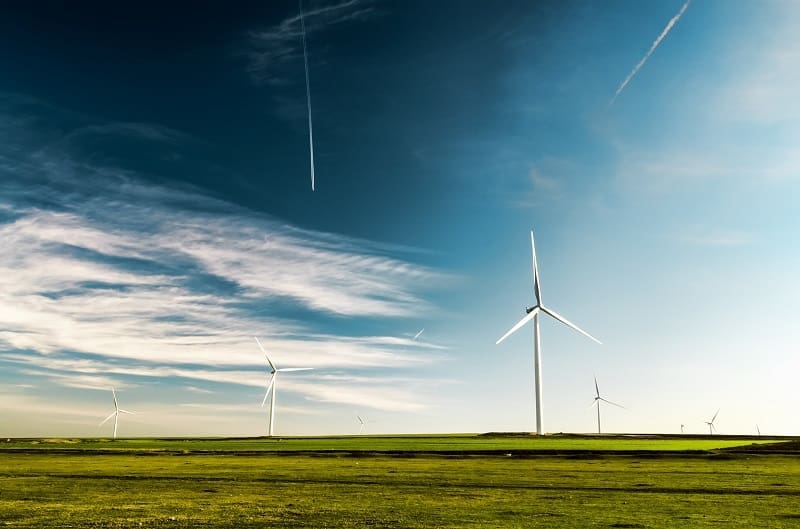Every new generation is more aware and concerned about the preservation of non-renewable energy resources than the last. Hence, eco-conscious people are attracted to eco-friendly measures in every industry.
Considering the growing global demand, energy businesses are also going forward with the green energy industry. The global energy industry is transitioning from traditional power generation methods to modern renewable energy resources.
Decarbonization, decentralization, and digitization of energy are the primary goals of the renewable energy industry. Therefore, the main categories for global energy investments are smart technologies for energy production and distribution and a clean energy economy.
The Energies Media magazine is seeking and exploring these current and futuristic trends in the energy business.
Here we have discussed the business and financial aspects of the digitization and automation of the energy business.
Renewable Power Generation
Many developed countries started pulling out from investing in non-renewable energy resources for over a decade. Notably, the US stopped financing coal projects overseas in 2013. In the same year, the World Bank limited funding for coal-related energy production projects. Later in 2015, the Norwegian Sovereign Wealth Fund divested more than fifty-two coal-related companies to improve renewable energy efficiency. These companies include several American, Chinese, Indian, Japanese, and European coal industries. Simultaneously, the UK government has focused on energy white papers to clean up its energy storage, production, and distribution systems by 2050. Indeed, these energy-saving measures will help improve the global extensive energy experience and reduce the waste of time and energy.
Primarily, Energies Media focuses on the current plans of renewable energy executives for renewable power generation. Nowadays, the world’s finest companies in the energy market have indulged their research and planning teams to engineer advanced technology to shift to a more sustainable world.
For instance, global energy systems have started using hi-tech photovoltaic panels for solar thermal electric power generation. Similarly, many companies have introduced turbine blade technology in hydro and wind energy generation.
At this rate, hopefully, the renewable energy transition industry trends will keep improving by the energy businesses to offer efficient, safe, and reasonable energy experiences to the consumer.
Energy Trading and Payments Through IoE
IoE works on the concept of the “Internet of Things,” or IoT. IoE, or the Internet of Energy, revolves around energy decentralization and creating a sustainable infrastructure using digital information and means to provide energy to nearby places of power generation.
Our current energy production and distribution systems are highly centralized, relying primarily on the power grids. However, this trend is shifting to a decentralized system, combining renewable energy production and distribution using “microgrids.”
Currently, the renewable energy sector is making consumers self-sufficient to produce energy per their requirements. This trend goes beyond a single household or a building, as local businesses and authorities can manage their energy profiles themselves.
Primarily, the internet of energy involves energy trading, distribution, and payments via technological advancements such as artificial intelligence and blockchain technology. Also, artificial intelligence will help with accurate energy trading, and blockchain will assist in secure and transparent energy trading and payments. Furthermore, the IoE also uses cutting-edge technology to scan and process information from energy sources and remote areas.
This way, the global energy sector makes it possible to maintain safe, economical, and efficient energy production and trading for the end consumer. Moreover, IoE can also help energy businesses earn customer satisfaction.
Use of Artificial Intelligence in the Power Sector
In our research, Energies Media found that the energy sector is using artificial intelligence to improve energy distribution. Artificial intelligence, or AI, gathers digital data and information to predict energy demands across the area. This information helps with efficient energy distribution without delaying and wasting energy.
In a nutshell, artificial intelligence is essential in renewable energy distribution as it is nearly impossible to store green energy. In 2021, the World Economic Forum predicted the role of AI in speeding up the energy transition from coal to clean.
In Summary
Do you wish to read the latest energy news, key energy interviews of senior executives making leading news, watch energy videos, or interact with our well-versed digital community? Check out Energy Media to know what is happening in the oil, gas, and renewable energy markets.






